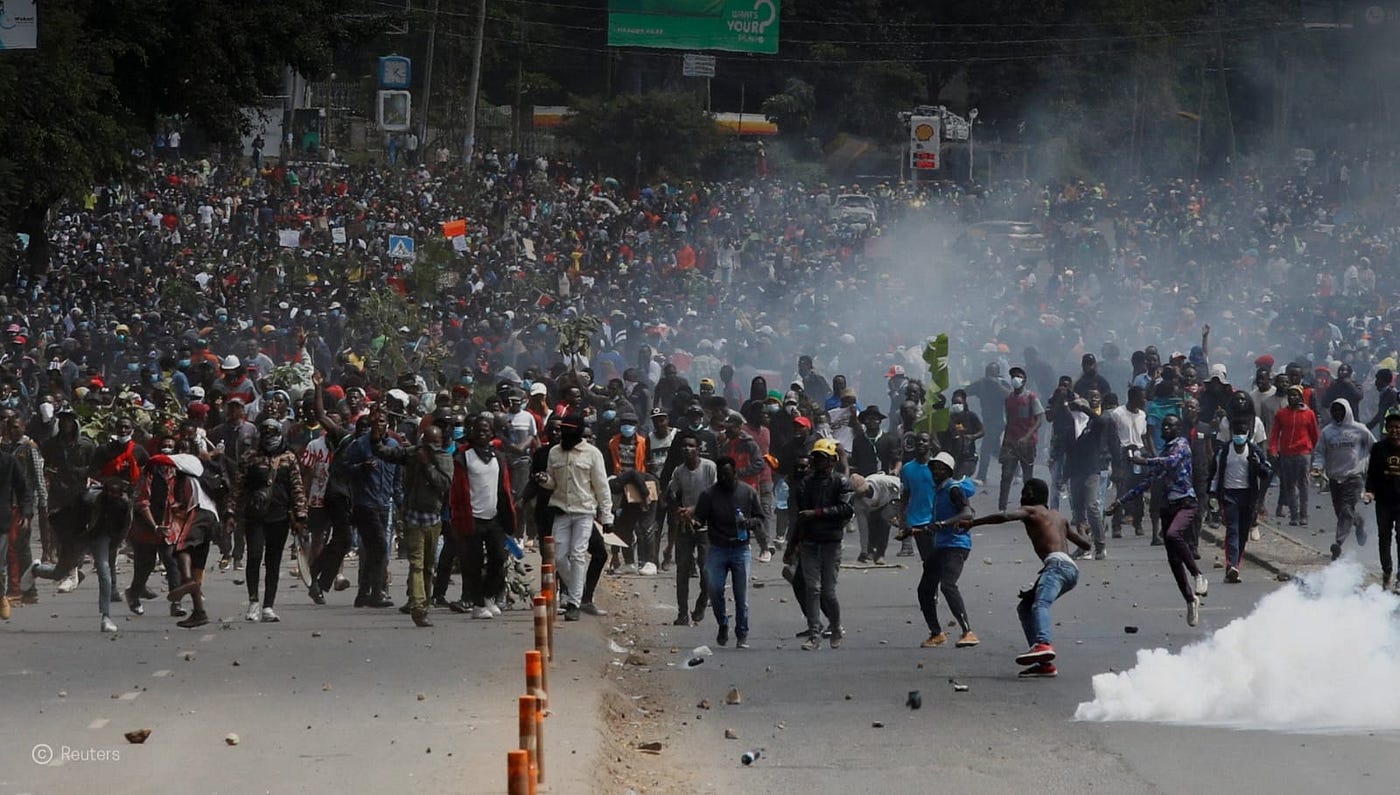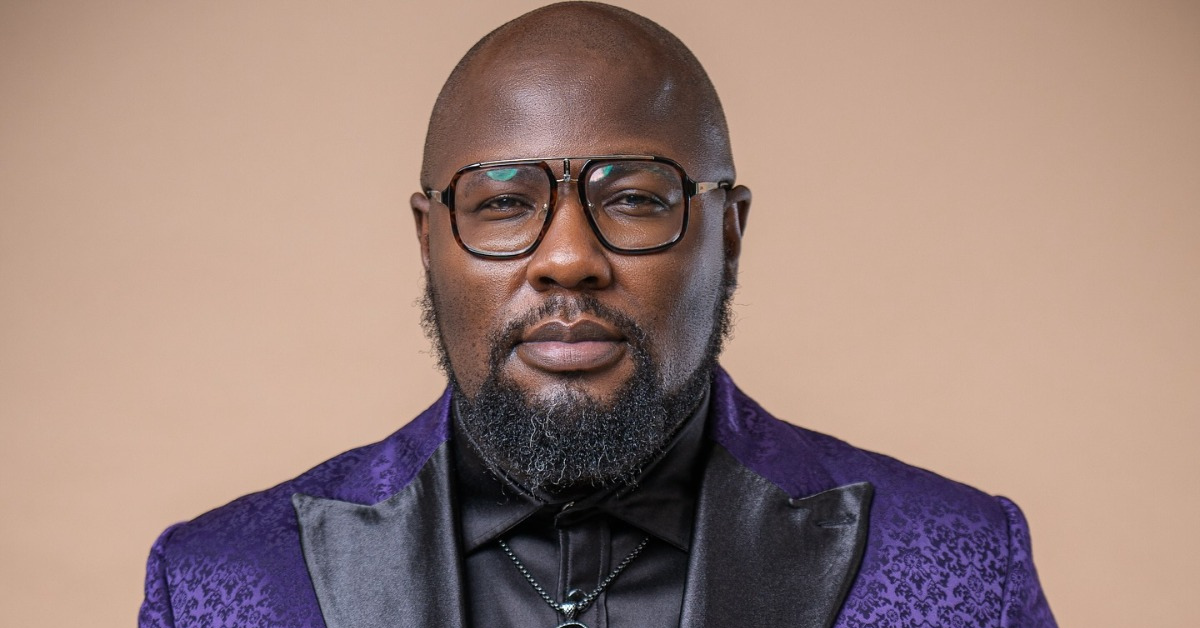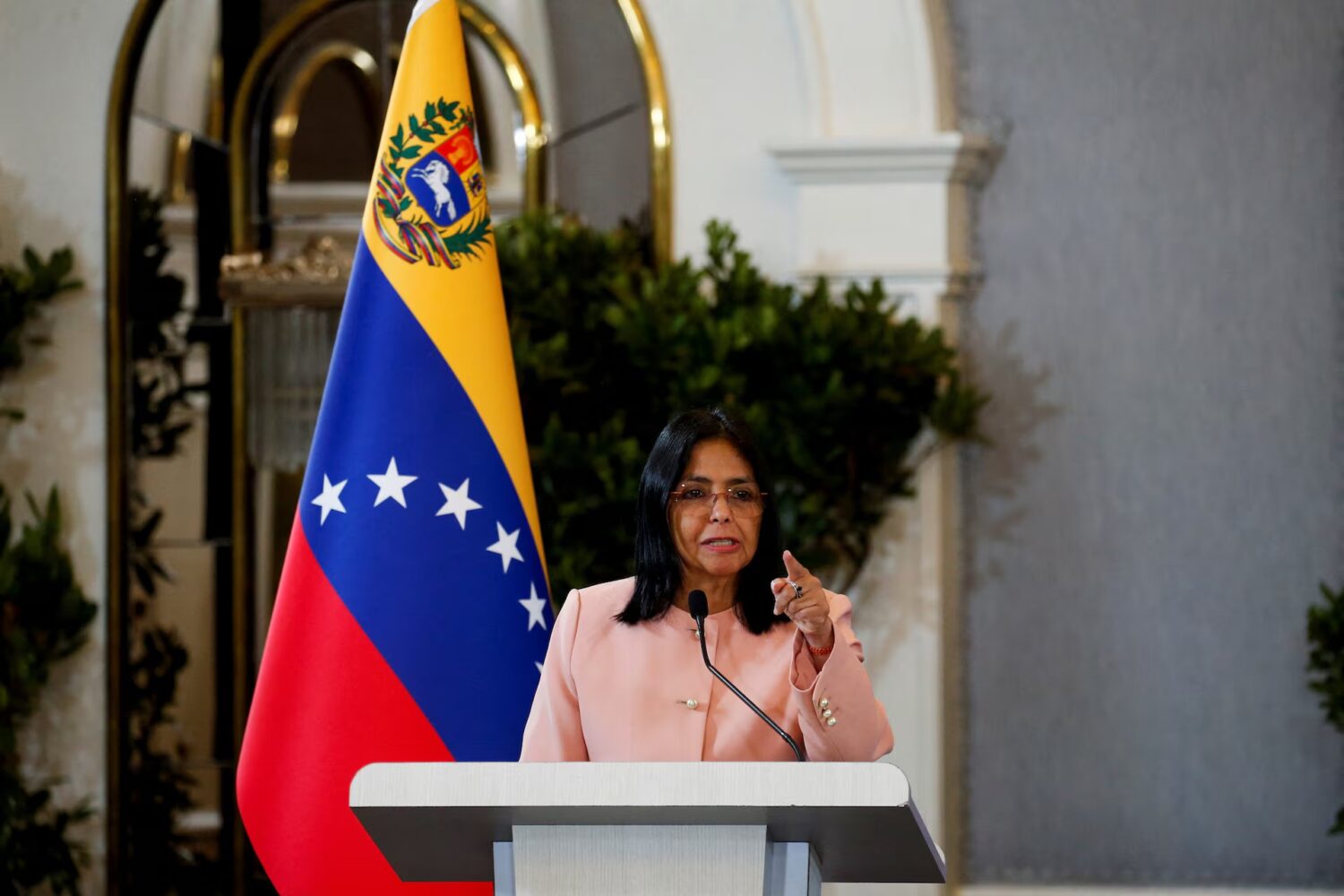A heated online debate has erupted among Kenyan youth with an increasing number of young people expressing skepticism about youth leadership. What started as a hopeful push for generational change now seems to be breaking down as more people lose trust.
“Youth could be their own worst enemies,” reads one of the many sentiments that show how people are feeling. “Most of these so-called youth leaders just want to create wealth like the old folks. How many have we elected, only for them to disappear after securing the seat?”
This backlash comes as Kenya’s Gen Z continues to emerge as a politically empowered demographic. Bold and unafraid to challenge authority, as seen in the June 2024 anti-Finance Bill protests. The protests that put the country on a standstill and caught the world’s attention.
Among the current probable youth aspirants is Morare Kebaso of the Inject Party, who has come under criticism for constantly asking youth to fund his campaigns. He has been labelled a “beggar” by some young Kenyans online, reflecting the growing distrust in youth leadership. Efforts that seem to appear financially unprepared or opportunistic.
Kasmuel McOure, once hailed as the “new Tom Mboya,” has been facing backlash as the trust slowly faded when McOure aligned himself with Raila Odinga‘s movement, triggering outrage from a section of the youth who saw the move as betrayal. Diving into the very system they had hoped to do away with.
“The moment they get close to power, they become the system,” tweeted one user.
Young Kenyans are pointing to a pattern where youthful politicians who ran on reformist agendas quickly faded into silence or aligned with traditional political forces. Names like Charles Njagua Kanyi (Jaguar), Felix Odiwuor (Jalang’o), John Kiarie, and Linet Toto are frequently mentioned as examples of youth who pulled a ghost move once elected.
Still, not all hope is lost. Some young leaders continue to enjoy public support, including Peter Salasya of Mumias East and Babu Owino of Embakasi East, who, despite their controversies, are seen as still actively engaging with their constituencies.
“We’re busy advocating for youth leaders, but they end up being a replica of the old system,” remarked one X user.
For now, a clear rift seems to be forming between youth who want a new political order and those willing to work within the existing system. Whether these sides can reconcile or whether this growing distrust will widen could shape the future of youth leadership in Kenya.












